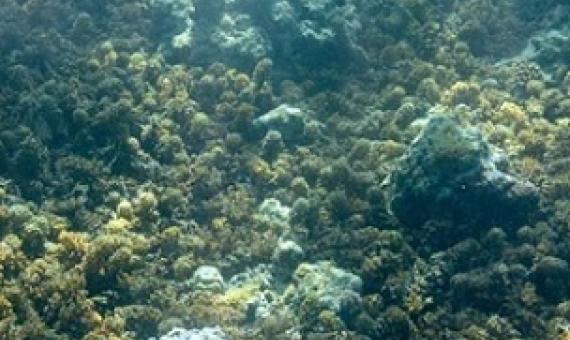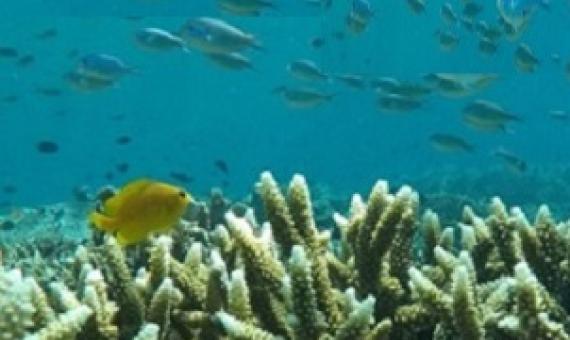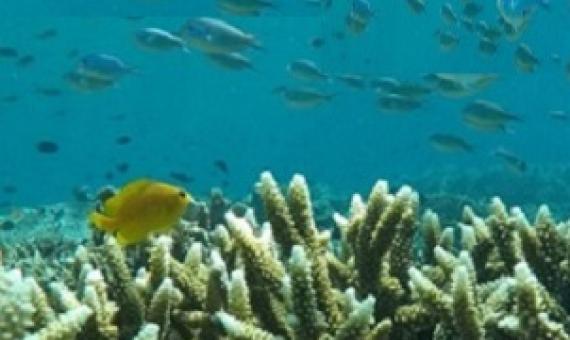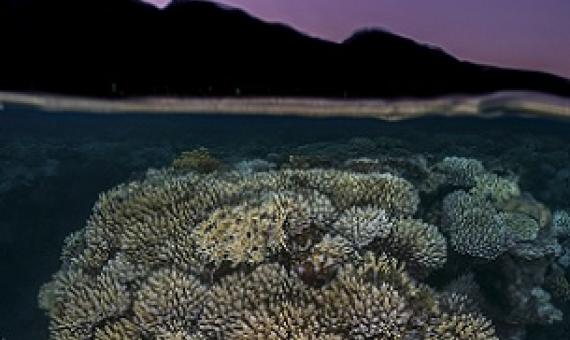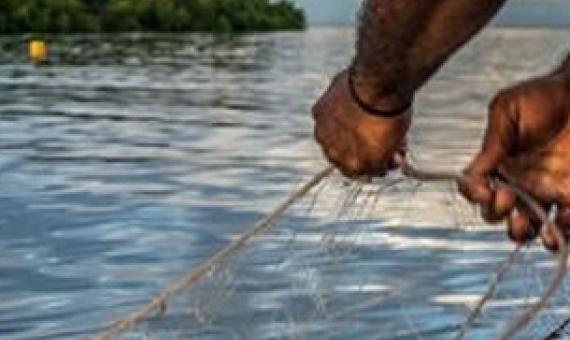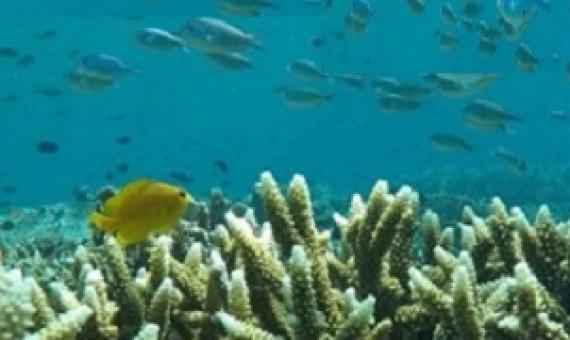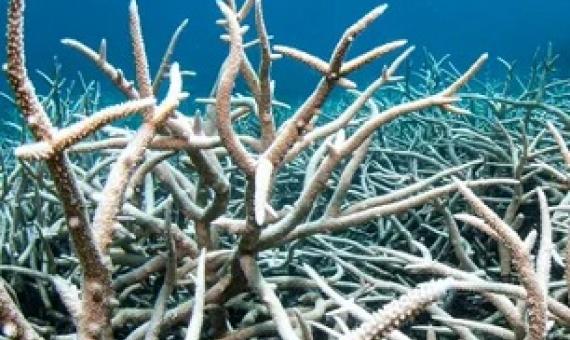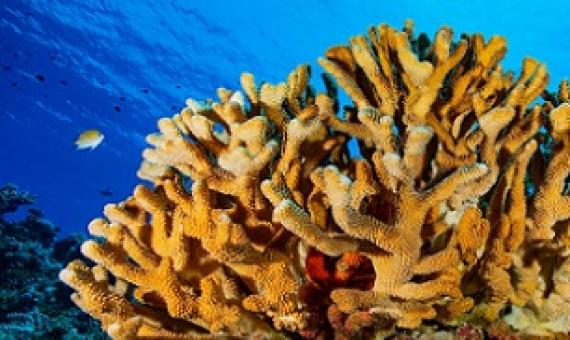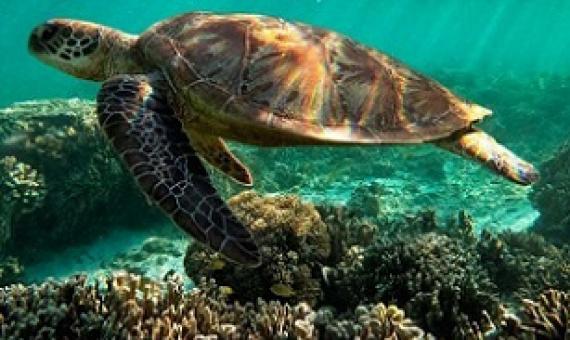A Newcastle University-led study focused on the Pacific Island nation of Palau and has shown that historic increases in the thermal tolerance of coral reefs are possible.
Natural disasters can devastate a region, abruptly killing the species that form an ecosystem's structure. But how this transpires can influence recovery. While fires scorch the landscape to the ground, a heatwave leaves an army of wooden staves in its wake.
An international team of researchers studied the behavioral changes among butterflyfish on a series of reefs in the Indo-Pacific before and after the 2016 global mass coral bleaching event.
Experts documented the substantial recovery of coral reefs around the southern Line Islands in the central Pacific after the area was hit by a large-scale coral bleaching event in 2015 and 2016.
With the growing severity of marine heatwaves, mass coral bleaching and mortality have become widespread. A new study led by researchers at Florida Tech recommends multinational networks of protected reefs as the best chance corals have to persist through climate change.
Increasing temperatures globally not only engenders global warming but gives rise to ocean acidification, destroying marine ecosystems. Fishermen across Fiji say coral bleaching is an issue being noticed in some fishing grounds, causing a decline in fish stock.
Members of the public are to expect significant coral deaths if sea surface temperatures (SSTs) exceed the temperatures normally experienced in the hottest month, says Ministry of Fisheries director Neomai Ravitu.
Hopes that enough of the Great Barrier Reef could escape global heating long enough for it to recover have been challenged by research finding less than 2% of its coral reefs have escaped bleaching since 1998.
Scientists have completed the first-ever global, high-resolution map of the world’s shallow tropical coral reefs.
The Great Barrier Reef has not been added to the Unesco list of World Heritage Sites that are "in danger", following strong lobbying from Australia.


